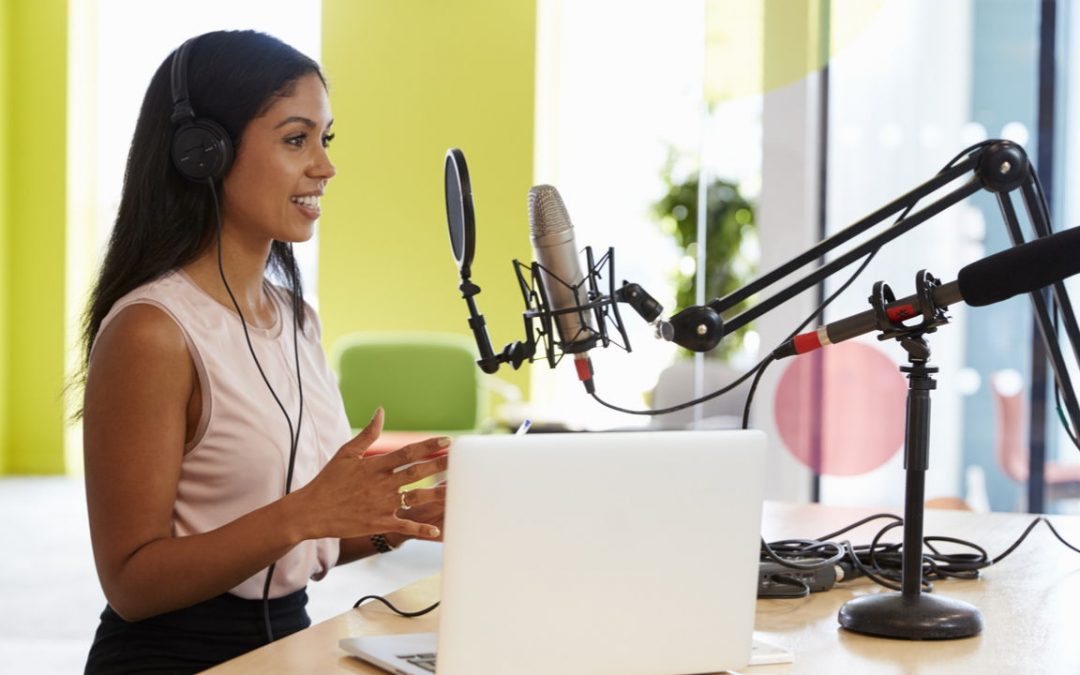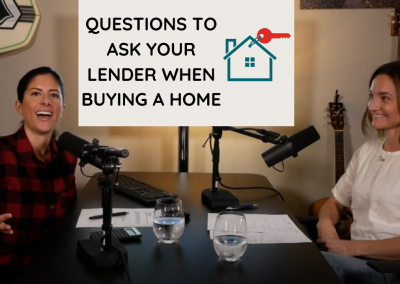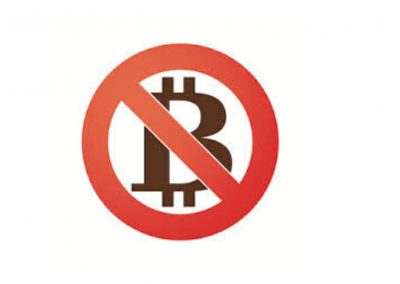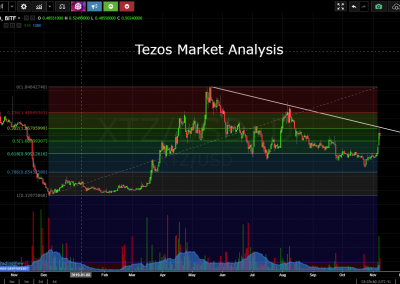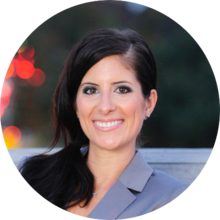Ever feel like your business is competing for the same audience? Businesses are all using the same marketing channels, however, an overlooked one would be podcasts.
Content creation is the golden fleece for every startup website in the world. Every entrepreneur focuses on content, drawing visitors in hopes of sending leads down the sales funnel. Then they desire to transform them into paying customers, and in turn spreading the word via their networks.
There are about 19.3 million results for how best to create content for your business when you use Google. Free options like blogging, social media exposure, and YouTube channels all have their place in the marketing scheme. However, starting a podcast can be done to diversify the content medium for a business.
Why use a podcast?
What’s the attraction for using a podcast? First and foremost, it’s a different way to reach an existing audience. An audience that by definition is tuning in to search for life hacks, new information, and a different brand of engagement.
The audio medium is just a little different from the written form, but that difference allows you to permeate more of your audience’s intake of content. We all walk around preaching that everyone is online through some device 24 hours a day, but that’s not true.
Podcasts appeal to people who want something to listen to that’s more insightful than the yapping voice of your standard morning drive-time radio program during the morning commute. That’s not an audience slice that you can ignore. We’re talking about millions of folks who drive, carpool, take the subway, or ride the train every single work day.
As of 2014, 139 million Americans were commuting to work five times a day. Granted plenty of them are texting with friends, keeping up with their fantasy football teams, reading best-sellers on their Kindles, and so forth; but the ones who are focused to spending downtime improving themselves and their business acumen are going to be seeking out ways to do so. If only 1% of those 139 million are listening to podcasts, you’re talking about a potential audience of nearly 1.4 million people.
The same holds true for people who listen to podcasts while exercising, doing housework, or working from home. It’s a niche market, but it’s one in which your product is getting a lot of exposure by way of a pair of headphones.
Not Everyone is Obsessed with Social Media
The other reason that people expand their content marketing through podcasting is to reach a different part of their audience.
Some people have zero interest and zero presence on the likes of Facebook, Twitter, Instagram, and so forth. All of the hard work your social media marketing head is putting forth to keep a steady stream of fresh, creative messages out there doesn’t faze this person in the least.
For a lot of people, podcasts carry weight and depth that social media and blogs simply cannot.
Why? The effort involved.
Podcasts by their very nature express a commitment to your product that involves the purchase of equipment, the time spent recording, usually the involvement of guests, and the post-production aspect of refining the audio to present a professional product.
This sort of time involvement correlates directly in many people’s minds into a product worth their time.
Podcasting by the numbers
According to Podcasting Insights, as of March 2018, about 26% of Americans were listening to at least one podcast per month – that’s approximately 85 million people.
The same study says that podcast listeners are “loyal, affluent, and educated.” How does that sound for a base camp of potential customers for your business? Perhaps the most impressive statistic is that of those 85 million people listening to at least one podcast per month, 80% are tuning in to all or most of each episode and averaging seven shows per week.
That’s proof positive that the podcast audience is not the same as the one that clicks a link, stays at your site for 4 seconds, then clicks off to learn more about the name of Kim Kardashian’s most recent baby.
Podcasting as a networking tool
Not only does podcasting get you in touch with a different share of your target audience, but it’s also an incredible networking tool to connect you with people and influencers in your space. Imagine being told there was a way you could spend 30-60 minutes talking to game changers in your industry on a 1-to-1 basis with no distractions. How much would you pay for that service?
Having someone from your industry as a guest on your podcast goes way beyond what a guest post on your blog or reaching out via social media could ever do. You get to build a rapport that would probably only happen elsewhere in a conference environment. The guest can see what you’re all about and you can gain their trust.
That’s enormous because it opens the door to all sorts of possibilities. If you see a legitimate reason for your businesses to form a partnership or do a deal together, you’re not just “some guy” coming at them in a cold call. You can initiate a really warm conversation with “Hey, could you help me with this…” or “Hey, we’re launching this product and thought you might be interested…”
Even more potent is that when you have guests on your podcast, they’re going to want to use that podcast to promote themselves as well. This promotion leads to getting a fair amount of links directly to your show.
We’re not talking about social media blasts or Twitter mentions that are buried down the newsfeed within a few hours. These are permanent links on some high profile.
So not only are you now perma-linked to their website, but you’re getting their clients and customers clicking that link to see what it’s all about. Quite often, you’re getting business from the person who was on the podcast because they know you and they know your business.
When you have that ingrained trust about another person, it makes it so much easier to want to do business with them.
Podcasting as a Business Tool
You don’t have to wait until further down the road to try to make the relationship into a business one, either. Think about it: You’re having someone who’s an authority in your space come on your podcast to show what they’re all about and contribute their knowledge.
That’s very flattering to a guest. At the end of the call, when you have stopped recording, it’s perfectly logical to say, “Hey, wasn’t it great being on our show? I think both my audience and yours probably got a lot from our conversation. Can we continue this discussion more formally as a sales conversation?”
We’re talking about differentiating yourselves from the competition and finding those extra methods that are going drive business to your door. The positives of starting a podcast will have both your industry and your customers listening intently to what you have to say next.
